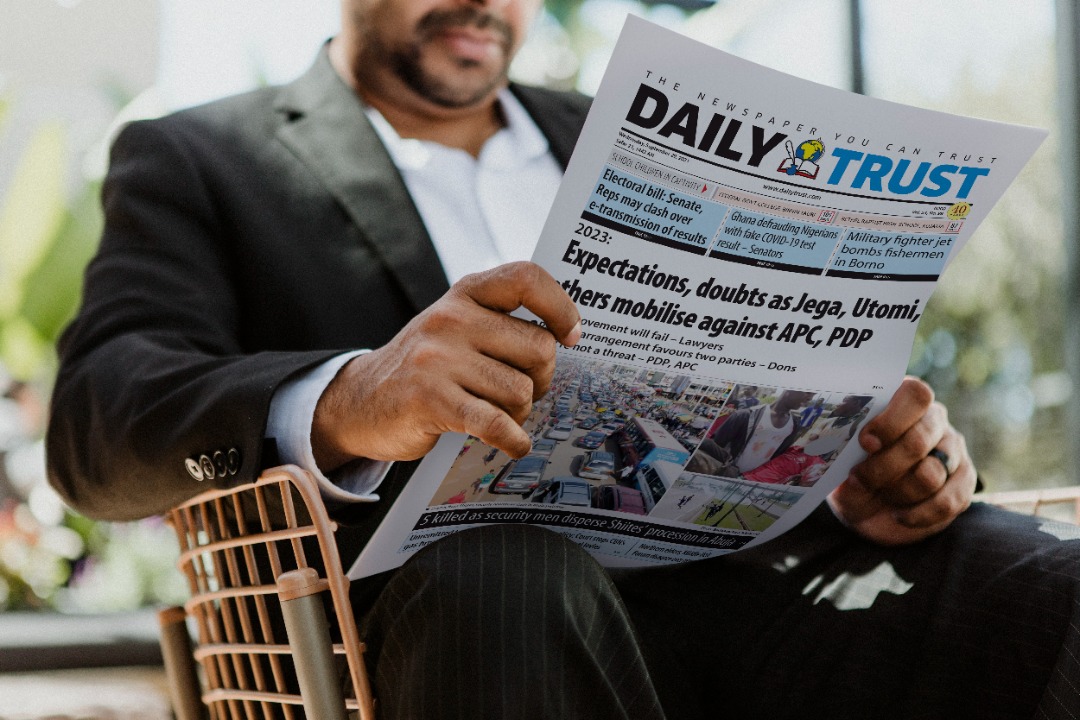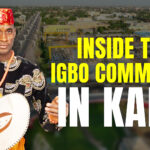Whether a social, political or economic matter will receive an “accelerated hearing” or response depends on how the media presents it to the public. The media has the power to frame stories in unique ways capable of attracting attention to such issues by the audience, policymakers and other stakeholders.
However, this power to influence public policy is facing opposition from various parties, who create their own realities or want to influence the process. Sometimes, the media finds itself in a fix, confused about whose story to tell. Governments, politicians, big businesses, and other interest groups, including media owners, constitute obstacles to the power of the media to frame issues in ways that represent reality and command response. Each of these groups has its own interests to protect.
From its impact on just individuals, media has grown to now exacting overriding power over the entire social process, through the concept of mediatization, which captures the all-encompassing effect of the media today.
Media now control our political processes, influencing voting patterns and election outcomes generally. Media now tell us how to live in the cities, with warnings that our once beautiful urban centres are endangered by pollution, overcrowding, rising water levels, and, above all, people’s bad living habits.
Loud Voice thrills fans at Abuja show
Family of policeman killed in Boko Haram attack on Buni’s convoy gets N7.5m house
At home, in school, and even on matters relating to religion, the media tell us what it feels is best for us, how we should run the home and prepare the children for an emerging new world.
This pervasive impact derives from the power of the media to influence the issues that the public and governments should be concerned about (its agenda-setting role), and how such issues should be looked upon (framing role).
While the media has demonstrated its readiness and ability to influence public discourse on issues, this power is being challenged. Powerful groups or centres of power, the elite in society and big business, coupled with technological changes in news delivery, are a threat to its power.
Governments and the political class want to retain power so they can continue to influence everything. Big business wants to be the dispenser of patronage and is ready to influence the media. One study declared that powerful businesses even go to the extent of ensuring that stories about poverty are not placed close to their adverts or stories in a newspaper. It is that serious.
The reasons behind the ways media represent or frame their stories have often been subjects of controversy. Why does the media report or represent issues the way it does? Perhaps, unlike other groups, the media has the ability to portray particular groups, communities, experiences, ideas, or topics from different ideological or value perspectives – for impact.
“The main interest is just, as the duty of the media generally, to fight injustice; to defend the defenceless. We try to provide a voice to the masses. That is the main attraction. It is not that if you go and report it there is something you will gain,” a line editor told this writer in an interview for a study on media representation.
Governments have often shown indifference to the plight of slum dwellers, and most of the time these voiceless poor residents are woken up by the buzzing of bulldozers sent in by governments to pull down the places and send them packing, without providing alternatives.
It has happened in Lagos, Nigeria, where slums such as Makoko, Ajegunle, Ijora-Badia, and Otodo Gbame, among others, are located. In November 2016, the state government forcefully evicted residents of Otodo Gbame, saying the place provided shelter for criminals, including kidnappers.
Such a chaotic approach to social and economic problems is what the media oppose, in its role as the defender of the defenceless, says yet another editor.
Some people have wondered whether the media does indeed influence things the way it has been ascribed to it. In Nigeria and other parts of Africa, for instance, this power has often been put to the test. In Lagos State, the existence of slums has often pitted the government against the media on the one hand, and other stakeholders, on the other.
Campaigns by the media work, though sometimes slowly. There have not been new demolitions of slums in Lagos in recent times.
Yet the media must not take for granted its power to influence things. It must reinvent itself, if it hopes to sustain this power. This power is being redefined. Indeed, just as the “CNN Effect” seems to have been whittled by social media’s emergence. This has impacted the power of the traditional media, which has been curbed by the newcomers.
New media now dictates the pace when it comes to breaking news and moving markets or getting instant reactions to developments. Indeed, the traditional media is already responding to this. Now, most of its presence is being pushed to online platforms of newspapers, including stories for which there is no space in the print editions.
In Nigeria, social media played a major role in EndSARS, the October 2020 protests against police brutality. Starting from Lagos, it soon spread across the country propelled by the power of new communication gadgets and networking. The protest soon turned violent, recording many deaths and massive destruction to infrastructure. Did EndSARS produce a positive result? Yes! The government disbanded the notorious police unit called SARS, which had become synonymous with terror, and set up another.
But it is not yet Uhuru for the media, traditional or new. It must sustain the pressure; that’s where the effect lies. In Nigeria, contentious issues remain, including the ban on Okada. It is still within the media’s purview to frame it in ways that can counter the government’s reasons for the ban.

 Join Daily Trust WhatsApp Community For Quick Access To News and Happenings Around You.
Join Daily Trust WhatsApp Community For Quick Access To News and Happenings Around You.


